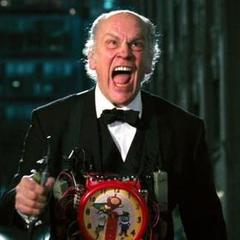Valve losses Steam controller patent lawsuit.
-
Featured Topics
-
Topics
-
0
-
LT2 ·
Posted in Laptops and Pre-Built Systems3 -
6
-
joshfrog ·
Posted in Mobile Gaming5 -
5
-
1
-
f23948 ·
Posted in Programs, Apps and Websites3 -
1
-
1
-
3
-

















Create an account or sign in to comment
You need to be a member in order to leave a comment
Create an account
Sign up for a new account in our community. It's easy!
Register a new accountSign in
Already have an account? Sign in here.
Sign In Now